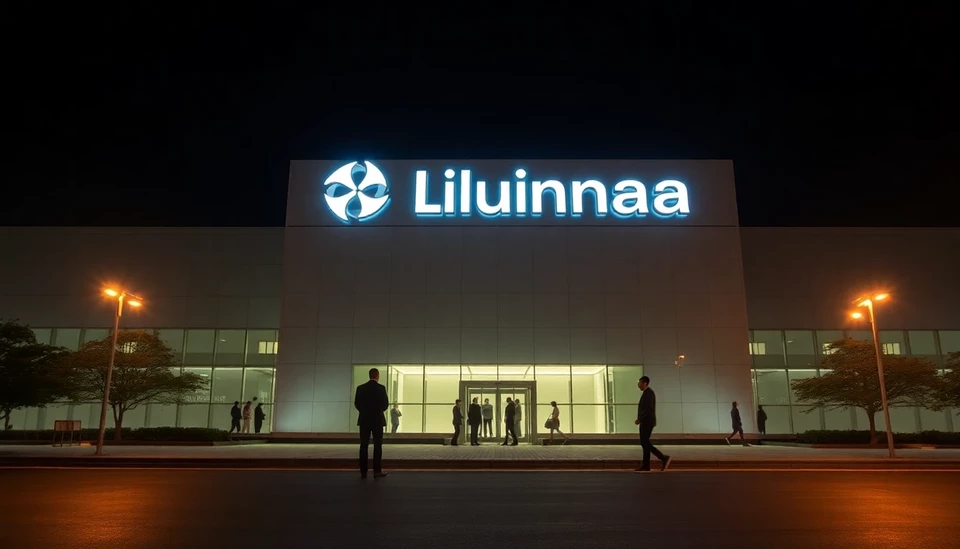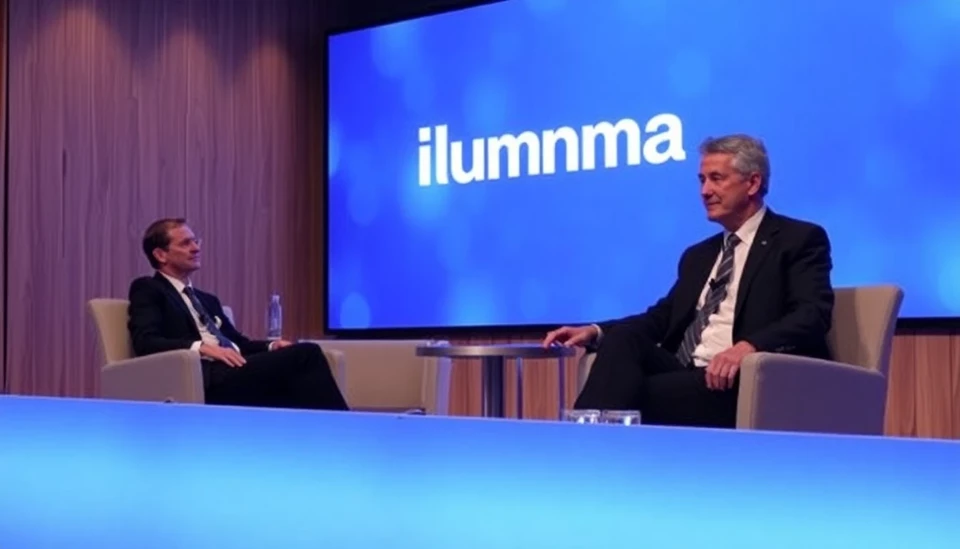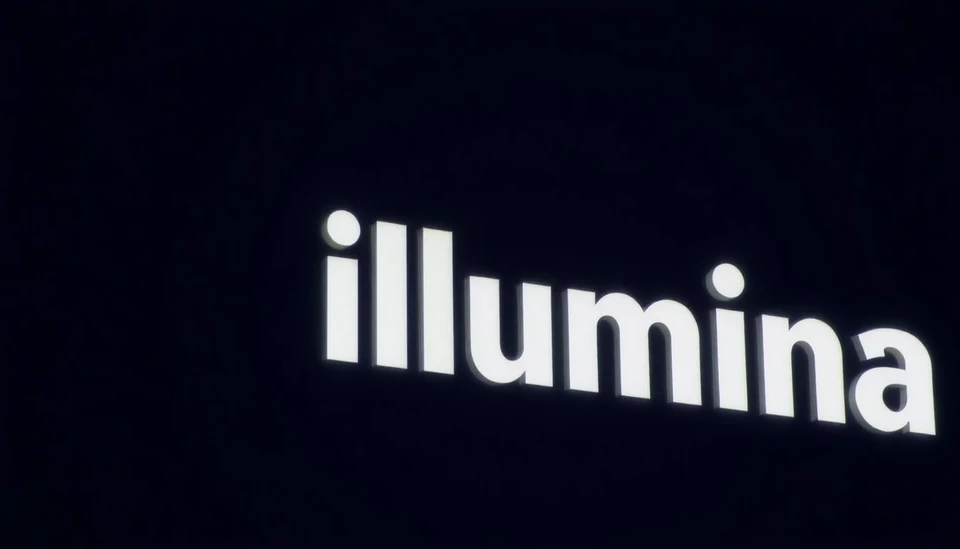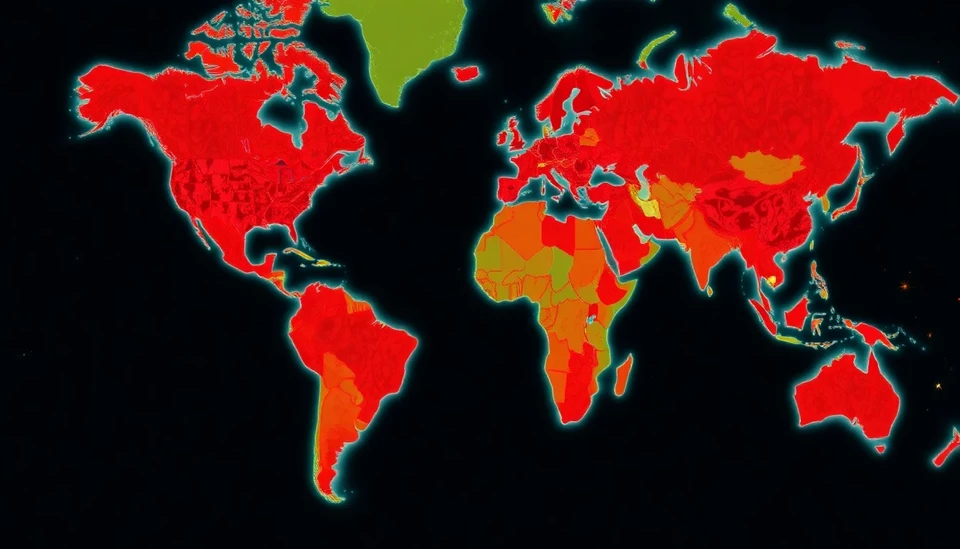
In a significant development within the biotechnology sector, Chinese rivals are strategically capitalizing on the recent blacklisting of Illumina, a leading player in the genomics industry. This move has opened the door for these competitors to enhance their market presence and appeal to potential clients who are currently reevaluating their partnerships and technology sourcing.
Illumina, which has faced scrutiny from various international regulators, including restrictions in key markets, has seen its dominance challenged as firms like MGI Tech and WuXi NextCODE swiftly move in to fill the void. By offering competitive pricing and innovative solutions in genomic sequencing, these companies are positioning themselves as viable alternatives for clients who might be hesitant to work with Illumina due to its troubled reputation.
The blacklisting comes amid escalating geopolitical tensions and concerns over intellectual property, which have created an environment where companies are increasingly wary of their affiliations. Many institutions, including research hospitals and academia, may find themselves reconsidering their reliance on Illumina's products and services. In this context, MGI Tech and WuXi NextCODE are not only marketing their offerings but also emphasizing a commitment to data security and compliance to assuage any fears potential clients may harbor.
MGI Tech, a subsidiary of BGI Group, has been particularly aggressive. They have rolled out a campaign to reach out to global researchers and laboratories, showcasing their high-throughput sequencing technology, which is not only competitive but often more affordable than Illumina's offerings. Additionally, they are backing their products with extensive customer service and support, aiming to build long-term relationships with clients that may feel abandoned by their existing vendor.
On the other hand, WuXi NextCODE has leveraged its existing partnerships in the healthcare sector to promote a narrative of reliability and trust. Their strategy involves collaborating with local and international biotech firms to expand their analytics capabilities while emphasizing their commitment to supporting research and development initiatives that are critical in today’s rapidly evolving market.
The timing of this competitive push is crucial as it coincides with renewed efforts by Chinese firms to gain a foothold in global markets. With Illumina's reputation in question, the opportunity for Chinese competitors to not only attract clients but to promote the benefits of their own technologies is unprecedented. The potential consequences of this shift extend beyond just business; they may also impact international research collaborations and the distribution of genomic technologies across various sectors.
As the landscape of genomic sequencing continues to evolve, it remains crucial for stakeholders to remain vigilant and adaptable. The recent events surrounding Illumina illustrate the fragility of corporate power in the wake of global politics and highlight the rising capabilities of Chinese biotech firms. With ongoing technological advancements and strategic marketing initiatives, these companies are poised to reshape the future of genomic analysis and research on a global scale.
In summary, as Illumina grapples with its challenges, Chinese competitors have emerged as formidable players in the genomics field, ready to woo clients who are now seeking more diverse and secure options. This shift may redefine competitive dynamics and alter long-standing industry relationships in ways that could be felt for years to come.
#Genomics #Illumina #Biotechnology #MGITech #WuXiNextCODE #ChinaBiotech #MarketTrends #Innovation #ClientAcquisition
Author: John Harris


